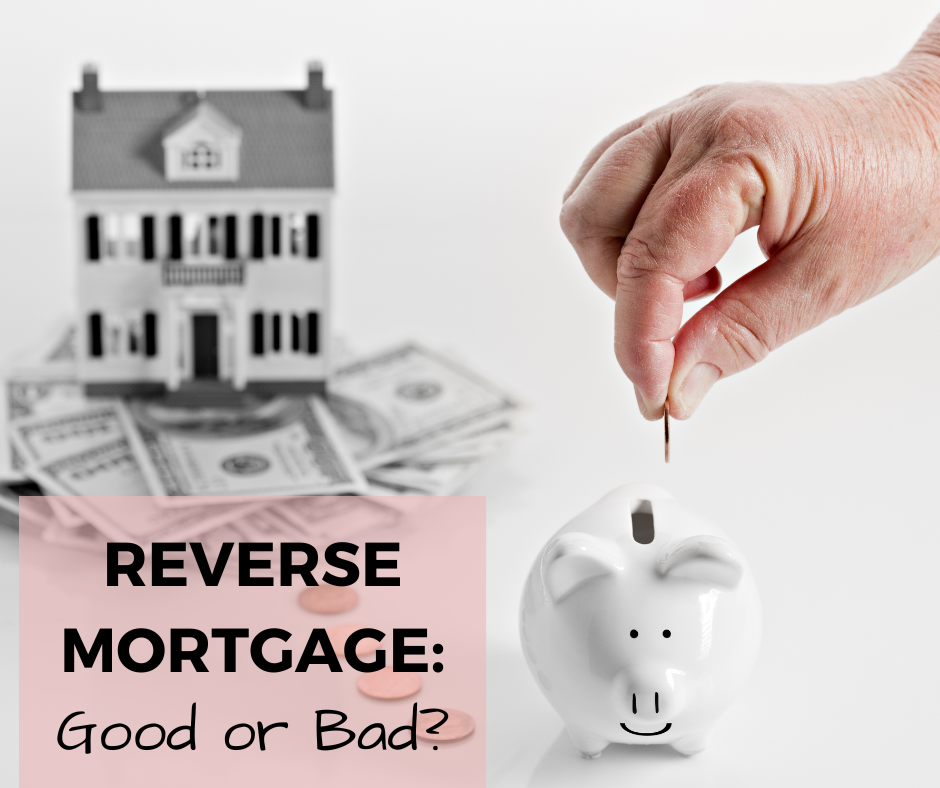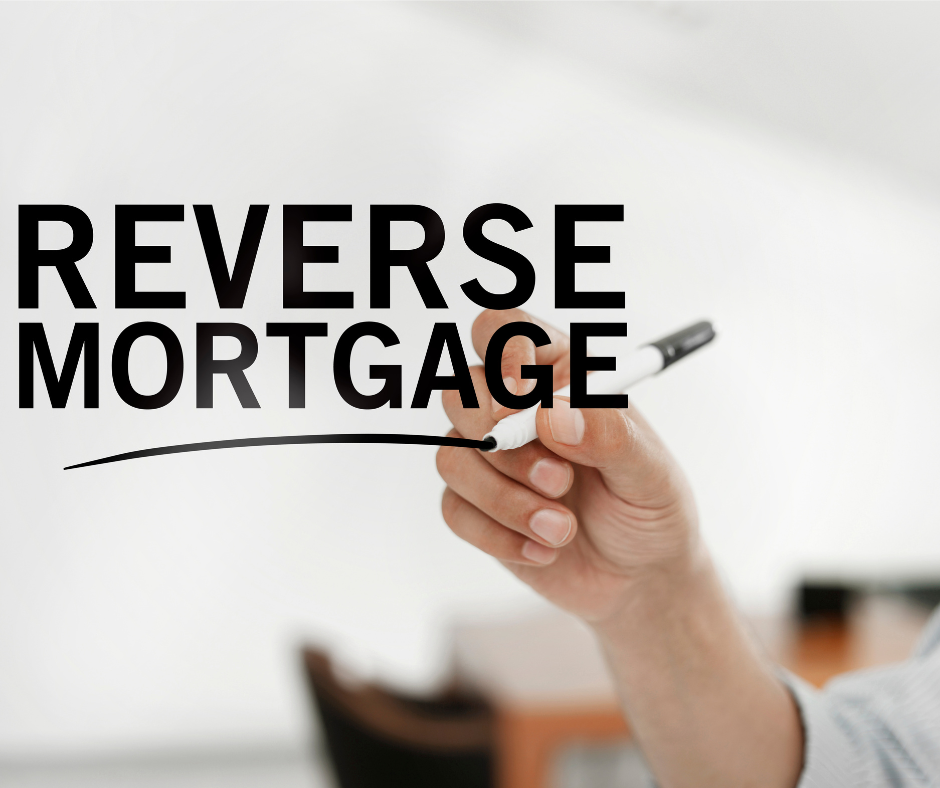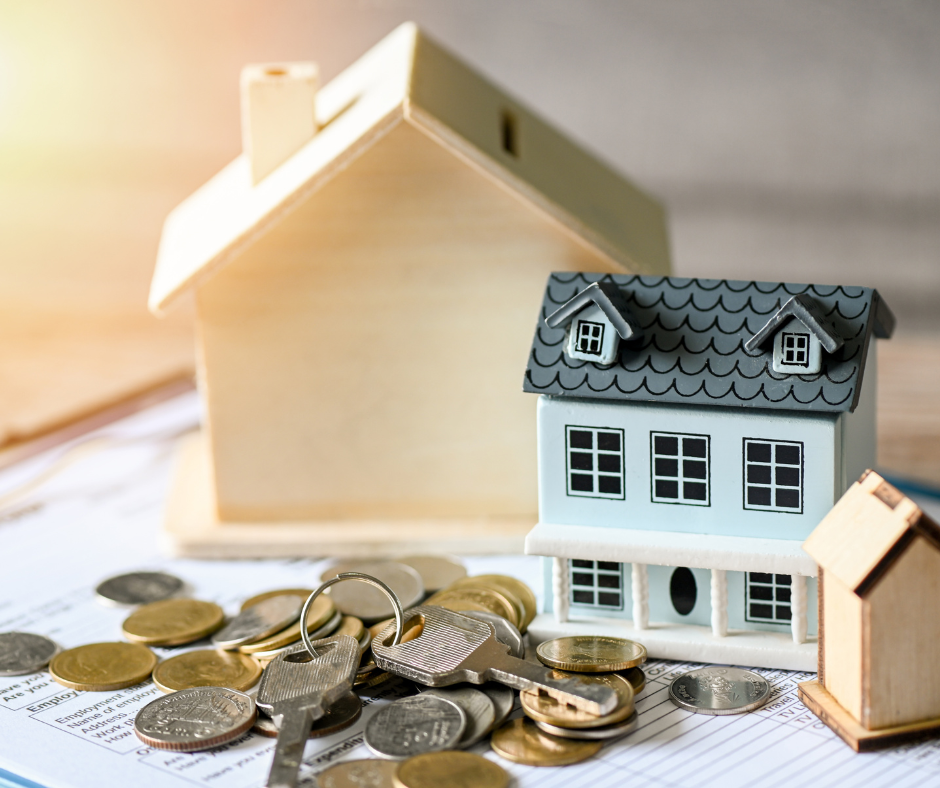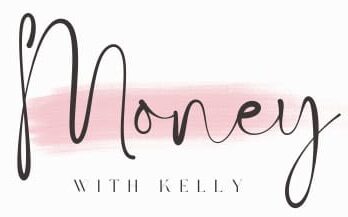
What is a reverse mortgage?
A reverse mortgage is a loan that is secured by your residential property. These loans are typically for older individuals and they usually don’t have a payment.
There are many different types of loans available. Be sure to research all the different types. A “good” mortgage lender should be able to guide you in the right direction.
Remember that this type of loan may be best suited for a lender that specializes in reverse mortgages. Be sure to work with a lender that can guide you with a reverse mortgage.
Why would someone choose to do a reverse mortgage?
- Needs monthly cash payments
- Help with Healthcare Costs
- Supplement Social Security
- Wants to Remain in the Home

My family had to contemplate whether to take out a reverse mortgage. The decision was made for us. My mother needed an assisted living facility, so we will be selling their home.
I talk all about dealing with aging parents:
There are so many factors to consider when thinking about taking out a reverse mortgage.
When you take out a reverse mortgage you still own your home. You are still responsible for:
- Maintenance
- Repairs
- Taxes
- Insurance
Essentially, not much has changed.
Let’s talk about the different types of Reverse Mortgages and whether they are good or bad.
Types of Reverse Mortgages:
There are typically 3 different types of reverse mortgages to pick from. Each one of these loans serves a different purpose. Be sure to communicate to your lender your intentions. Explain why you need money. A reverse mortgage lender will be able to set you up with the correct loan.

HECM
The most popular is the Home Equity Conversion Mortgage. HECM is a federally insured loan. This loan can be used for any purpose. This loan is also back by HUD (U.S. Department of Housing and Urban Development)
This loan is designed for homeowners over 62 years old. A few factors that go into this type of loan are:
- Home’s Value
- Current Interest Rates
- Financial Assessment of Homeowners
There are several options for payouts:
- Lump Sum
- Monthly Disbursement
- Combination of Both
Proprietary or Equity Power
These types of reverse mortgages are privately held loans. These loans are typically used for high-value properties. They are also available for people at the age of 55.
Essentially this is the Jumbo Loan of the Reverse Mortgages.
Single Purpose Loans
This is a specific type of loan where the funds are used for a specific purpose. These are usually geared toward low or moderate-income homeowners.
This money is typically used for repairs, maintenance, or taxes.
Positive and Negatives

There are always going to be positives and negatives of every type of loan.
Positives:
- Gives Income
- Get to Stay in Home
- Tax-Free Income
- Can’t borrow more than the value
You have to decide if this is what you need. If you want to stay in your home…then this might be your best option. Everyone has different circumstances.
Some people thought they would be fine financially. But are getting crushed by inflation. Social Security may not be enough.
You may be drowning in medical expense. You may be struggling to afford your prescription drugs. These are all factors that go into this decision.
Negatives:
- Fees
- Moving or Death triggers loan repayment
- Heirs will have to pay off the loan
There are always going to be some negatives to a reverse mortgage. The fees tend to be a little higher.
Some homeowners were hoping to leave their children with their home. Taking a loan on your home can be emotional.
These are all factors to consider.
Loan Repayment
So how do I pay off the reverse mortgage? This is quite simple….

The loan is paid off by selling the home. Repayment will be required if the homeowner moves out or upon death.
Just like anything in real estate, you need to weigh the pros and the cons. This is a very individual question.
Talk with a professional…talk with your family…. and see if a reverse mortgage is right for you.








Comments
Pingback: Ways to Use Your Home Equity | 6 Best Ways to Use Equity